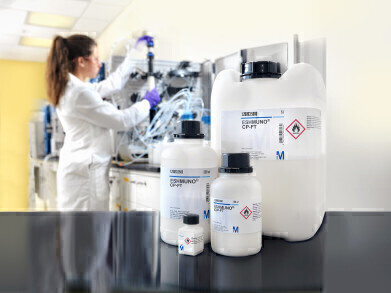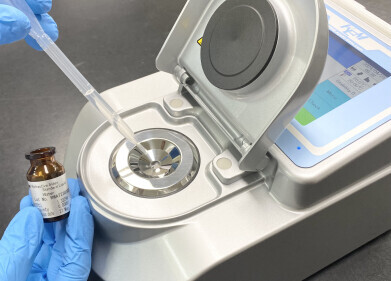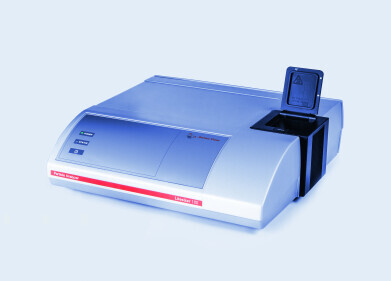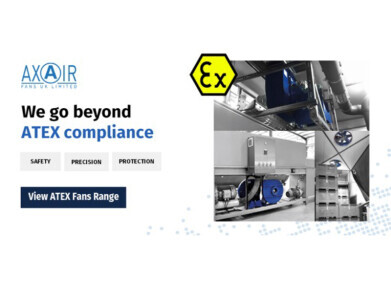Laboratory Products
Next-Generation Process Technologies for Intensified Drug Production Launched
Sep 05 2018
Merck has launched three new products to help biomanufacturers navigate the evolving biopharma landscape with increased speed, greater flexibility and enhanced quality. These next-generation process intensification technologies are: the Eshmuno® CP-FT resin, a first-of-its kind CEX chromatography resin for the flow-through removal of aggregates from mAb therapeutics; two modified amino acids to simplify feeding and reduce total volume in cell culture - Phospho-L-Tyrosine Disodium Salt EMPROVE® EXPERT and L-Cysteine S-Sulfate Sodium Sesquihydrate EMPROVE® EXPERT.
“Merck is uniquely qualified to lead the industry through the next-generation evolution and down the path of process intensification,” said Udit Batra, member of the Merck Executive Board and CEO, Life Science. “Through these next-generation process intensification technologies, we are helping customers bring new therapies to market, delivering them to patients faster and more cost-effectively than ever before.”
Merck has seen the powerful impact the new evolution of drug manufacturing has demonstrated in the marketplace. The company estimates that next-generation processing will reduce production costs by 25% or more and free up manufacturing capacity by as much as 65%.
The Eshmuno® CP-FT CEX chromatography resin uses flow-through frontal chromatography to remove aggregates from mAb therapeutics, which can induce an immunogenic response in patients. By enabling loading capacities 10 times higher than traditional bind/elute CEX chromatography, Eshmuno® CP-FT resin reduces costs and improves productivity. It requires less resin and less buffer volume while offering a shorter processing time.
Phospho-L-Tyrosine Disodium Salt EMPROVE® EXPERT and L-Cysteine S-Sulfate Sodium Sesquihydrate EMPROVE® EXPERT, enable high concentrations of tyrosine and cysteine in cell culture feeds. Moreover, they can be integrated into the main bioprocessing feed, simplifying fed-batch process with optimised productivity and reduced risk. The only such products that meet industry quality and GMP (per IPEC) standards, these amino acids derivatives are stable and soluble at neutral pH and room temperature.
Digital Edition
Lab Asia 31.2 April 2024
April 2024
In This Edition Chromatography Articles - Approaches to troubleshooting an SPE method for the analysis of oligonucleotides (pt i) - High-precision liquid flow processes demand full fluidic c...
View all digital editions
Events
May 05 2024 Seville, Spain
InformEx Zone at CPhl North America
May 07 2024 Pennsylvania, PA, USA
May 14 2024 Oklahoma City, OK, USA
May 15 2024 Birmingham, UK
May 21 2024 Lagos, Nigeria











.jpg)






